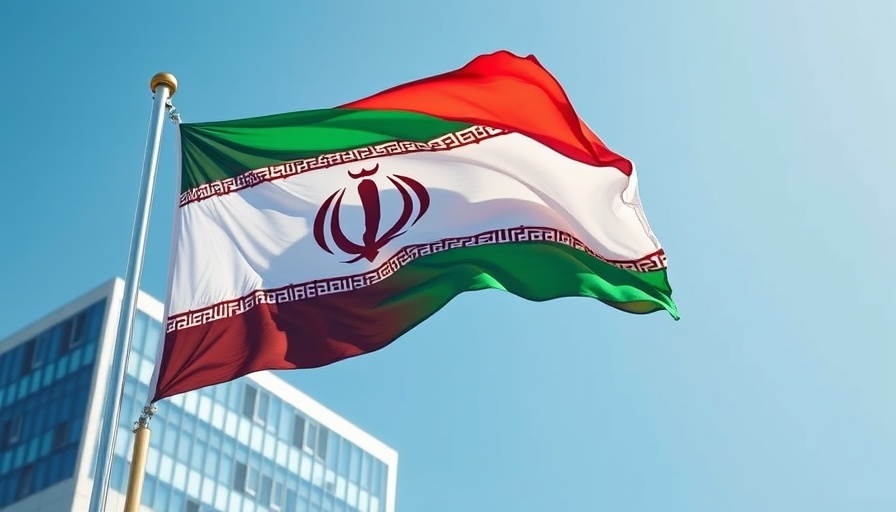
Understanding the Recent Tensions Between Israel and Iran
In a significant escalation of regional tensions, Israel has launched airstrikes against Iranian military positions. This bold action is a pivotal moment in the continuing conflict between these two nations, which has the potential to reshape the geopolitical landscape in the Middle East. With historical distrust and strategic rivalries defining their relationship, this strike may lead to repercussions not only for the direct players involved but for global stability as a whole.
The Historical Context of Israel-Iran Relations
The roots of the animosity between Israel and Iran can be traced back to the 1979 Iranian Revolution, which saw the establishment of the Islamic Republic and a shift in Iranian foreign policy away from supporting Israel. Since then, Iran has positioned itself as a champion of anti-Zionist sentiment in the region, further complicating their interactions. Recent developments, such as Iran's nuclear ambitions and its support for proxy groups in Lebanon and Syria, have exacerbated these tensions, setting the stage for Israel's preemptive actions.
What This Means for Regional Stability
Israel's decision to strike is indicative of its longstanding policy to prevent what it sees as existential threats. The broader implications of this action raise crucial questions about regional stability. A potential retaliation from Iran, whether direct or through its proxies, could ignite a wider conflict, affecting not only Israel and Iran but also neighboring countries, influencing global oil prices, and impacting the international community's diplomatic efforts in the region.
Counterarguments and Diverse Perspectives
While the Israeli government presents its strikes as necessary for national security, critics argue that military action could lead to catastrophic outcomes. A more diplomatic approach, some suggest, could pave the way for easing tensions and fostering dialogue. This perspective urges a reassessment of strategies toward Iran, advocating for engagement rather than confrontation. Furthermore, the effects of a potential war may extend far beyond the immediate region, endangering civilians and destabilizing economies worldwide.
The Global Reaction and Implications
Reactions to Israel’s strikes have varied from regional allies supporting Israel’s right to defend itself, to others, including nations in Europe and Asia, expressing concerns over the escalation of violence. How global powers react to the situation will significantly shape future relations and conflict scenarios, pointing toward a growing need for international cooperation and conflict resolution strategies to mitigate risks. Nations like the United States, which has historically been an ally of Israel, may find themselves in the difficult position of responding to Iranian backlash while managing broader diplomatic relationships.
Future Predictions: What Lies Ahead?
The short-term outlook suggests an increase in military readiness on both sides, with each anticipating retaliatory actions. In the longer term, this recent conflict may encourage more robust political maneuvers, either toward new diplomatic resolutions or further military confrontations depending on how each side manages its responses. A careful balance between military preparedness and diplomatic initiatives will be crucial as both nations navigate the uncertain waters ahead.
Taking Action: The Role of the International Community
Amid these escalating tensions, the international community's role becomes pivotal. Engagement and dialogue from global powers through diplomatic initiatives or mediation efforts may help diffuse rising tensions and steer both countries towards a more stable path. Keeping channels of communication open can pave the way for conflict resolution and a return to negotiations surrounding Iran's nuclear program, which remain a contentious issue in the international arena.
 Add Row
Add Row  Add
Add 



Write A Comment